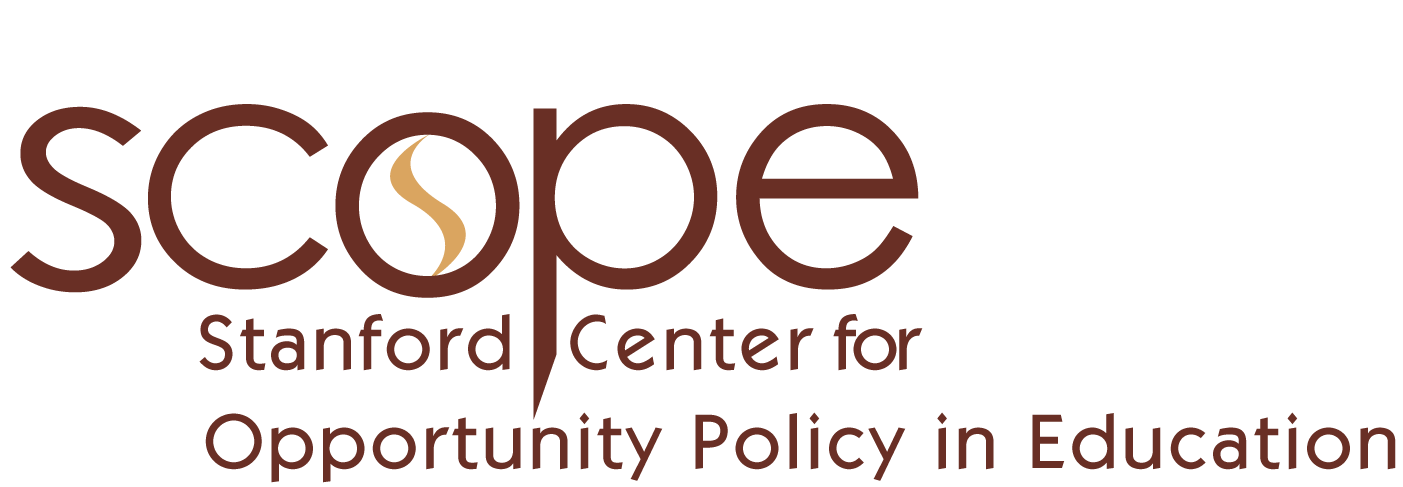The strategies that 12 states used to integrate performance assessment into state systems of assessment.

After more than a decade of narrowly defined education accountability, how schools across the country prepare all children for success in college, career, and life is up for debate. A new series on educational accountability, launching today, aims to shed light on how schools, districts, and communities across the nation are charting new paths to student- and learning-focused accountability and how these new approaches are making a difference in improving education.
The series, A New Paradigm for Educational Accountability, is published by Education Policy Analysis Archive (EPAA), edited by Gustavo Fischman with guest editors Linda Darling-Hammond and Jon Snyder. The series features more than two dozen articles, commentaries, and videos by business leaders, policymakers, state and district administrators, educators, researchers, students, and leaders of civil rights organizations (see list of contributors, below).
The series is based on a framework developed in the 2014 paper, Accountability for College and Career Readiness: Developing a New Paradigm. In this paper, authors Darling-Hammond, Gene Wilhoit, and Linda Pittenger outline the critical policy points that can set the foundation for an effective and comprehensive system of accountability to address America’s widening opportunity gap in education. The systemic approach, they argue, should rest on three pillars—meaningful learning, adequate resources, and professional capacity. The EPAA series goes deeply into aspects of each of these pillars from a wide range of perspectives. It will be released in three editions, each focusing on one of the pillars.
“For schools to truly prepare all children for college and career, the definition of 'accountability' must be radically expanded. High-stakes consequences for schools, staff, and students based on yearly state tests will never create the kinds of powerful education systems we need to close the opportunity gap in the United States and to give every child a chance to reach their potential,” said Darling-Hammond, who is Stanford University Charles E. Ducommun Professor of Education and Faculty Director of the Stanford Center for Opportunity Policy in Education (SCOPE). "An effective accountability system will offer a rich and well-taught curriculum to all students, raising expectations not only for individual schools but for the functioning of the system as a whole."
“As the country tackles the challenges of redefining accountability, we want to examine what’s possible from the point of view of those who are making effective changes, those who are closely following the results, and those who are impacted,” said Fischman, who is a professor in the Mary Lou Fulton Teachers College, Arizona State University, and Lead Editor of EPAA. “This series aims to do this by offering a wide spectrum of voices in the field, sharing insights through research, articles, commentary, and video.”
"We've recruited a wide range of the country's leading thinkers, practitioners, and policymakers to weigh in on what a system of new accountability can and does look like," said Snyder, who is executive director of SCOPE. "This diverse range of opinions and formats — from commentaries to video to research reports — lays the groundwork for the kind of system that America needs to ensure that all students graduate well prepared to meet the demands of the 21st century global economy."
Below is a list of the articles and videos for this first issue; videos are drawn from a SCOPE conference held in June 2014, Rethinking Accountability, Putting Students and Learning First.
The full series will be archived at both EPAA and SCOPE.
John Affeldt, Managing Attorney, Public Advocates Inc.
Joseph Bishop, Director of Policy of the National Opportunity to Learn Campaign, Schott Foundation for Public Education
Travis Bristol, Research and Policy Fellow
David T. Conley, Founder, Chief Executive Officer, and Chief Strategy Officer of the Educational Policy Improvement Center
S. Dallas Dance, Superintendent, Baltimore County Public Schools
Michael Fullan, Professor Emeritus, Ontario Institute for Studies in Education of the University of Toronto
Molly Hunter, Director of Education Justice, Education Law Center
John H. Jackson, President and CEO, Schott Foundation for Public Education
Chuck Kerchner, Research Professor, School of Educational Studies, Claremont Graduate University
Paul Leather, Deputy Commissioner of Education for the New Hampshire Department of Education
David Menefee-Libey, Professor of Politics, Pomona College
Scott Marion, Vice-President of the National Center for the Improvement of Educational Assessment
David Sciarra, Executive Director, Education Law Center
Jon Snyder, Executive Director, Stanford Center for Opportunity Policy in Education
Stephan Turnipseed, President Emeritus of LEGO Education and Chair of the Partnership for 21st Century Skills
Zakiyah Ansari, Advocacy Director, New York State Alliance for Quality Education
Richard Carranza, Superintendent, San Francisco Unified School District
Michael Cohen, President, Achieve
S. Dallas Dance, Superintendent, Baltimore County Public Schools
Lily Eskelsen García, President, National Education Association
John Jackson, President and CEO, Schott Foundation for Public Education
Becky Pittard, Fourth- and Fifth-Grade Math Teacher, Pine Trail Elementary, Ormond Beach, FL
Michael Rebell, Professor of Law and Educational Practice, Teachers College, Columbia University
Jack Reed, Senator, U.S. Senate (RI)
Leticia Smith-Evans, Interim Director, Education Practice at NAACP Legal Defense & Educational Fund
Marc Tucker, President & CEO, National Center on Education and the Economy
Stephan Turnipseed, President Emeritus of LEGO Education and Chair of the Partnership for 21st Century Skills
Gemma Venuti, Graduate of Urban Academy Laboratory High School
Randi Weingarten, President, American Federation of Teachers
The strategies that 12 states used to integrate performance assessment into state systems of assessment.

Overview of the Instructional Leadership Corps (ILC). Hear from ILC participants and partners on how the ILC project is inspiring students and making an impact through collaboration.
A new book, Global Education Reform: How Privatization and Public Investment Influence Education Outcomes, provides a powerful analysis of these different ends of an ideological spectrum – from market-based experiments to strong state investments in public education.
Sign up for our free newsletter to learn about new SCOPE publications and upcoming events.
© Stanford University, Stanford, California 94305.

